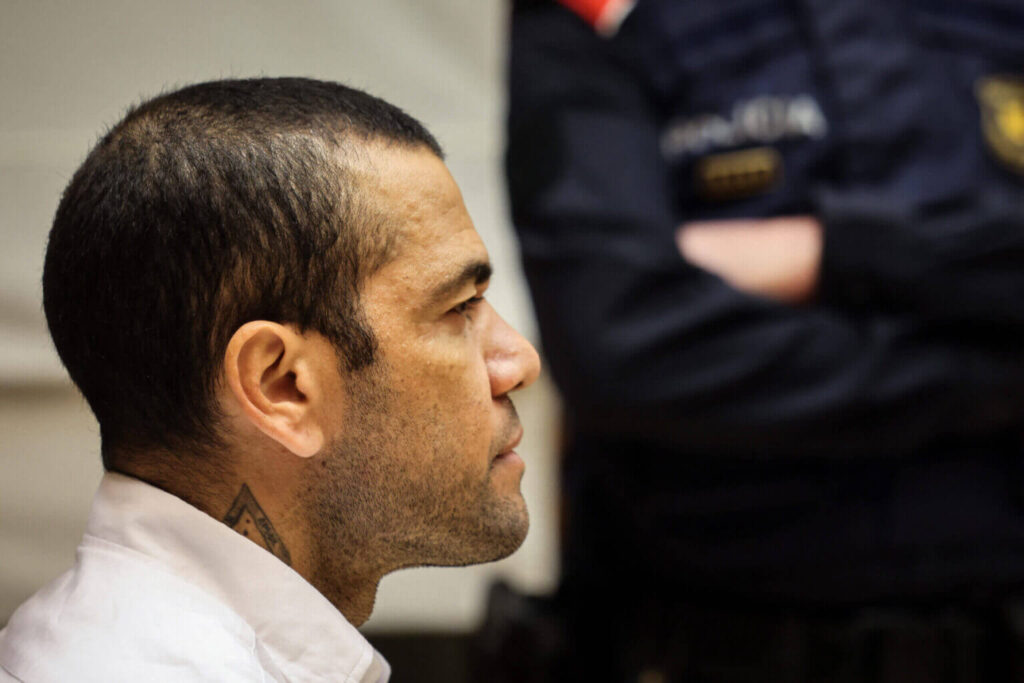The acquittal of Dani Alves will be hailed by many as a vindication of the principle that no one should be convicted without reliable evidence. The appeals court in Catalonia overturned his rape conviction on the grounds that the accuser’s testimony contained “gaps, inaccuracies, inconsistencies and contradictions,” and that the evidence presented did not sufficiently surmount the presumption of innocence. In a legal culture that has increasingly stressed survivor rights and the need for robust corroboration in sexual-assault cases, this reversal highlights the tension between protecting victims and upholding due process. The ruling says less about the truth of what happened that night than about whether the case met the exacting burden required for criminal conviction, a burden the court concluded it did not.
Yet an acquittal does not erase the damage: Alves’ reputation, career prospects, and public legacy have been severely tarnished, and the emotional and psychological toll on the alleged victim remains real, regardless of the legal outcome. For many, this case is less about absolutes and more about trust; trust in courts, trust in testimonies, and trust in social institutions to balance rights and protections. Feminist groups and victim-rights advocates have already warned that high-profile reversals like this could chill future complaints and reinforce systemic barriers for survivors of sexual violence. Meanwhile, Alves will likely seek to reclaim parts of his public life, possibly via lawsuits for defamation or compensation, but he faces an uphill battle in convincing a skeptical public that his acquittal equals exoneration.
Moving forward, the case should prompt several reforms, not only in Spain but in jurisdictions everywhere, about how sexual-assault allegations are investigated, adjudicated, and narrated in public. Courts must improve mechanisms to assess testimony, reconcile conflicting narratives, and integrate forensic and circumstantial evidence in a more transparent manner. Victims’ credibility must be neither assumed nor dismissed lightly; at the same time, accused persons must not be convicted on the basis of uncertain or tainted testimony. To discourage moral ambiguity, institutions; sporting bodies, clubs, media; must adopt standards for provisional measures (e.g. suspensions, investigations) that respect both accountability and fairness.
Ultimately, the Alves decision should spark deeper reflection on how societies treat sexual misconduct allegations in the court of law and in the court of public opinion. Public discourse must evolve to allow space for both empathy and rigor, or believing survivors while insisting on fair trials. If that balance is struck, the acquittal of Alves will be remembered not just as a legal twist, but as a moment when justice systems were challenged to perform at their best.
